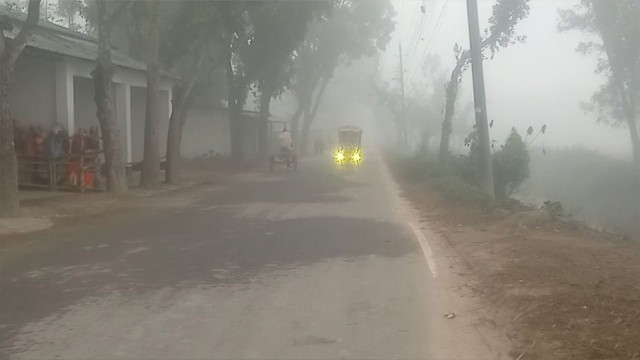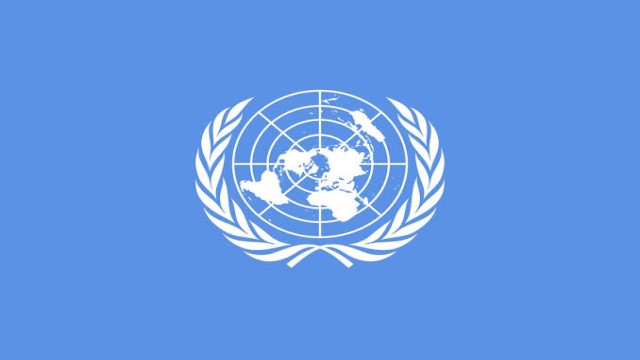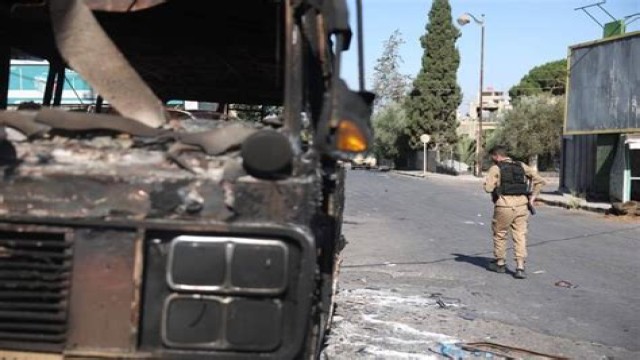This morning, Dhaka, Bangladesh's bustling capital, recorded its lowest Air Quality Index (AQI) score in several months, registering a moderate AQI of 58 at 9:30 am (July 12, 23024). This improvement comes as heavy rainfall since early morning has swept through the city, cleansing the air of pollutants.
According to the AQI index, an AQI value between 50 and 100 signifies moderate air quality, suggesting that while most people can enjoy outdoor activities, sensitive individuals may consider limiting prolonged exertion outdoors.
Despite this improvement, Dhaka ranked 44th on the global list of cities with the worst air quality, underscoring the ongoing challenges the city faces. The Democratic Republic of the Congo's Kinshasa topped the list with an AQI of 171, followed by Uganda's Kampala at 165, and Indonesia's Jakarta at 156.
The AQI serves as a critical tool for assessing daily air quality, providing valuable insights into potential health impacts associated with pollution levels. In Bangladesh, the AQI considers five primary pollutants: particulate matter (PM10 and PM2.5), nitrogen dioxide (NO2), carbon monoxide (CO), sulfur dioxide (SO2), and ozone.
Dhaka traditionally battles severe air pollution during winter, with noticeable improvements during the monsoon season. The World Health Organization (WHO) estimates that air pollution causes approximately seven million deaths globally each year, highlighting its significant impact on public health.






























Comment: